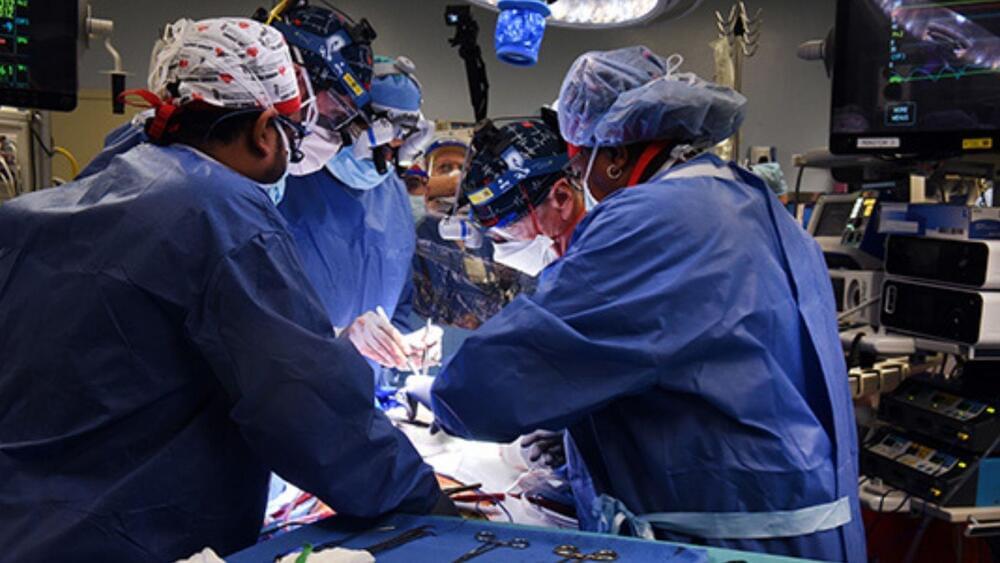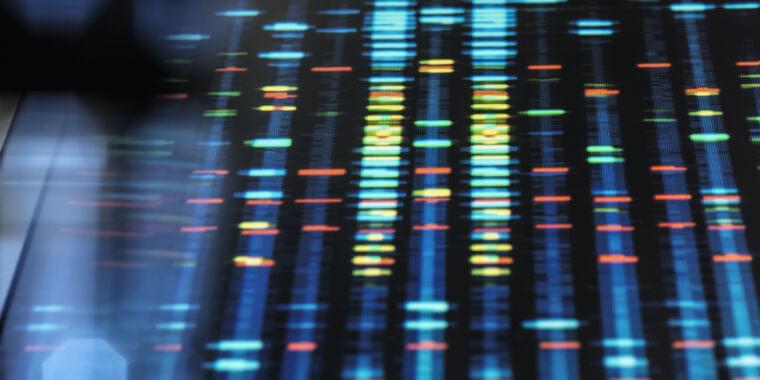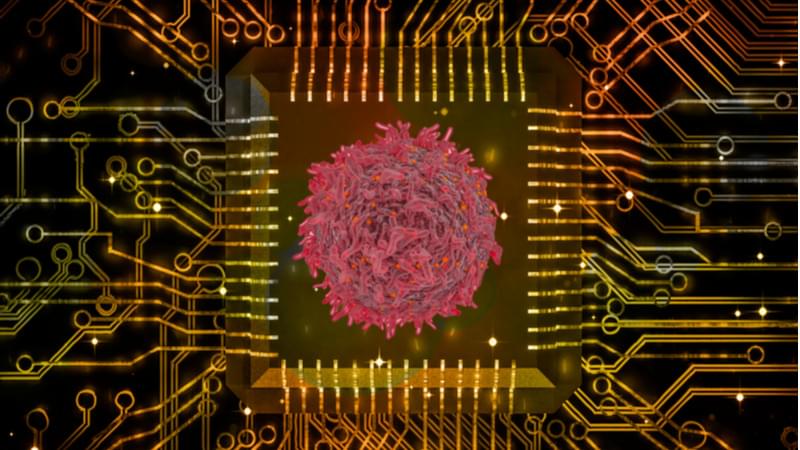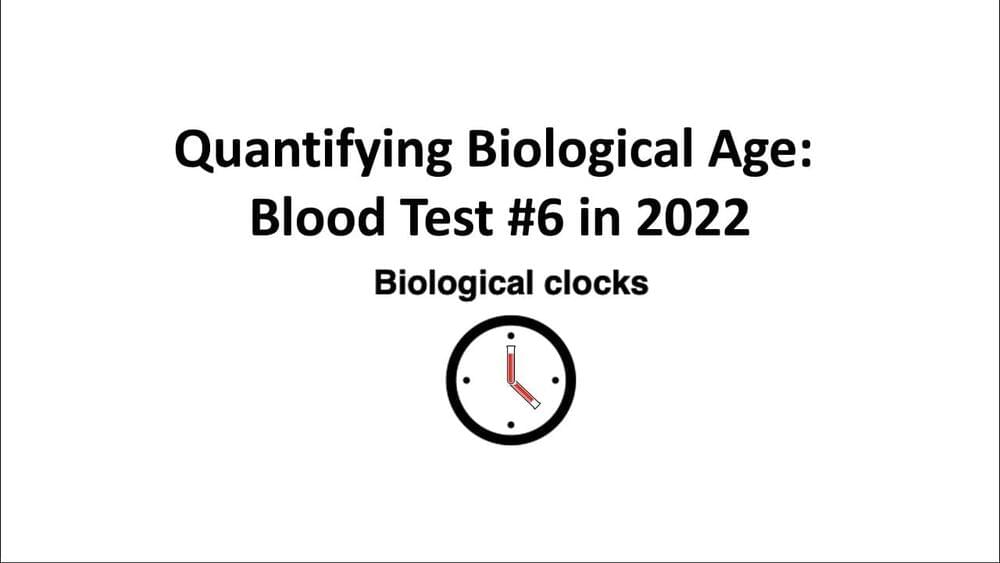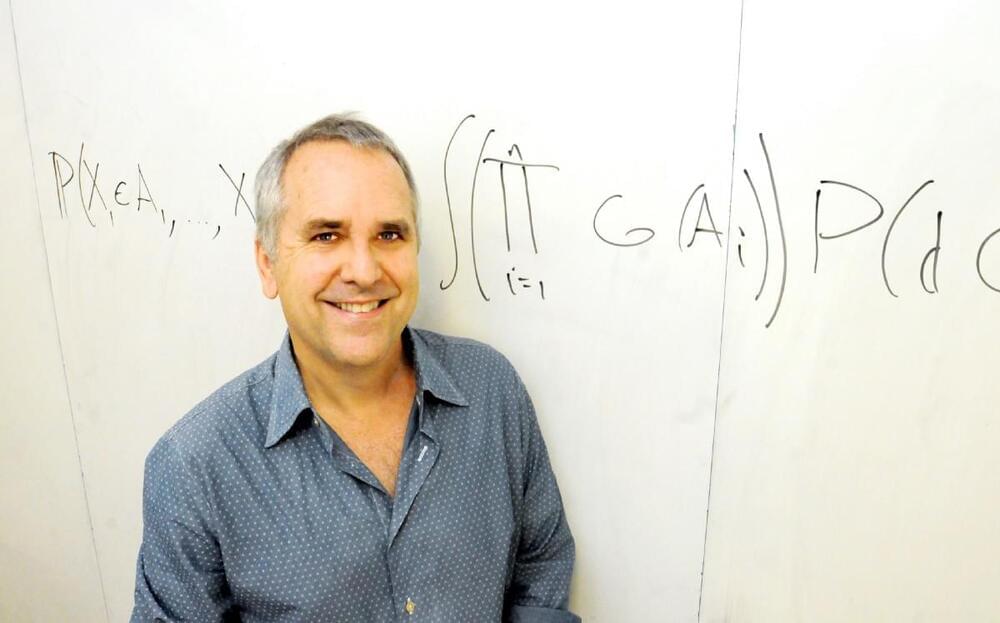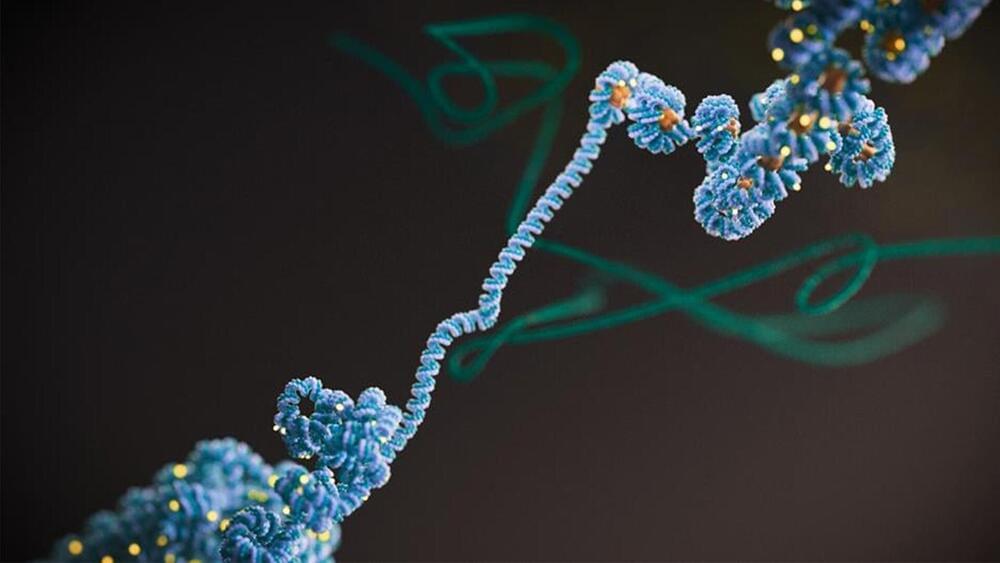Oct 31, 2022
The patient who got the world’s first pig heart transplant has died after 2 months
Posted by Gemechu Taye in categories: biotech/medical, genetics
Here is what the ECG reports of the first patient with the pig heart say.
In January this year, the heart of a genetically modified pig was transplanted into a human for the first time. The patient, David Bennett, managed to survive for two months with the pig heart, and this unique organ transplant operation led to various exciting findings and further research work.
One recently published research reveals that the electrical conduction system (network of cells, signals, and nodes in a heart that collectively controls heart functions and heartbeat) of the genetically modified pig heart differs from that of an ordinary pig’s heart.
